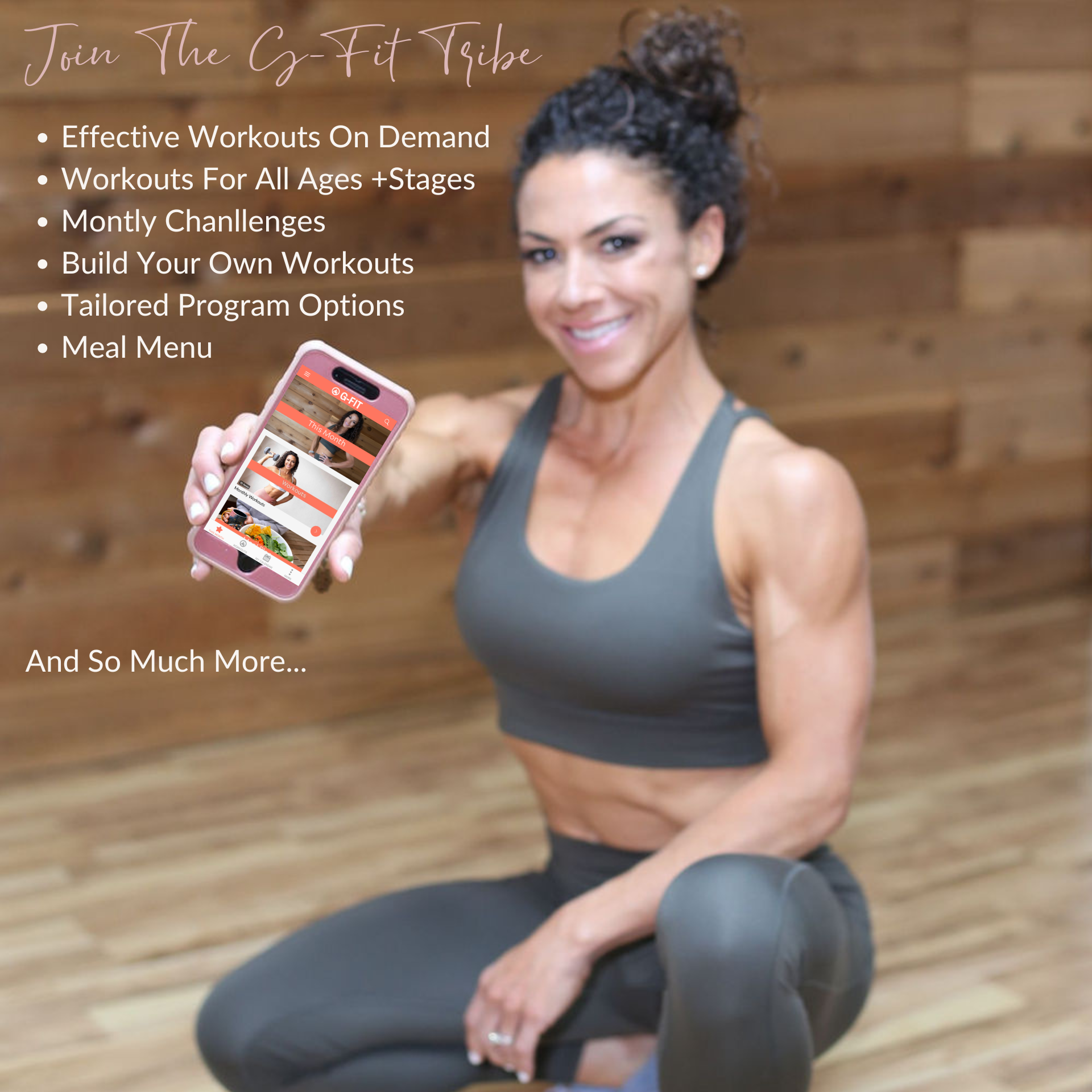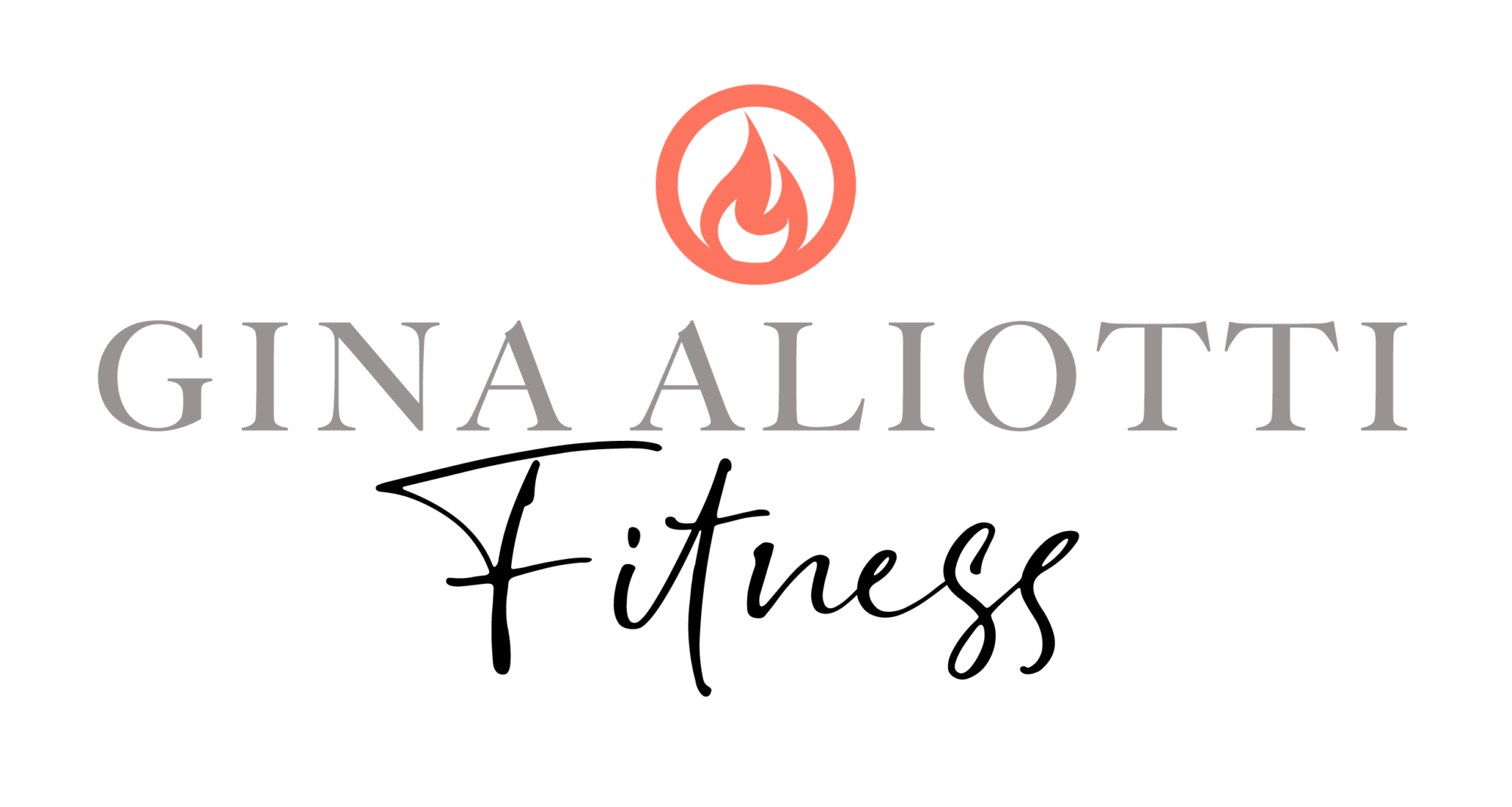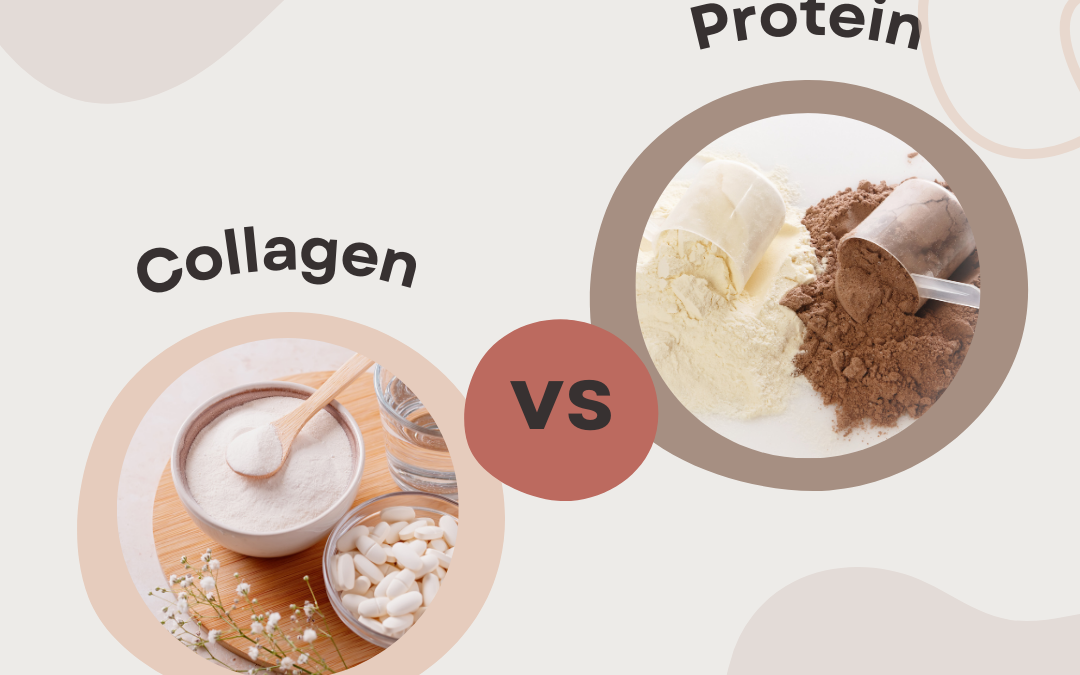One of the questions that keeps coming up in my Talk to Me Tuesday within our G-Fit Connect is “Does collagen powder replace protein powders such as whey or casein?”
While they are both sources of protein and collagen is amazing and has many benefits, it does not replace protein powder.
Let me explain…collagen vs. protein powder – which is better for you? What’s the difference?
🪄How does collagen powder compare to protein powder?
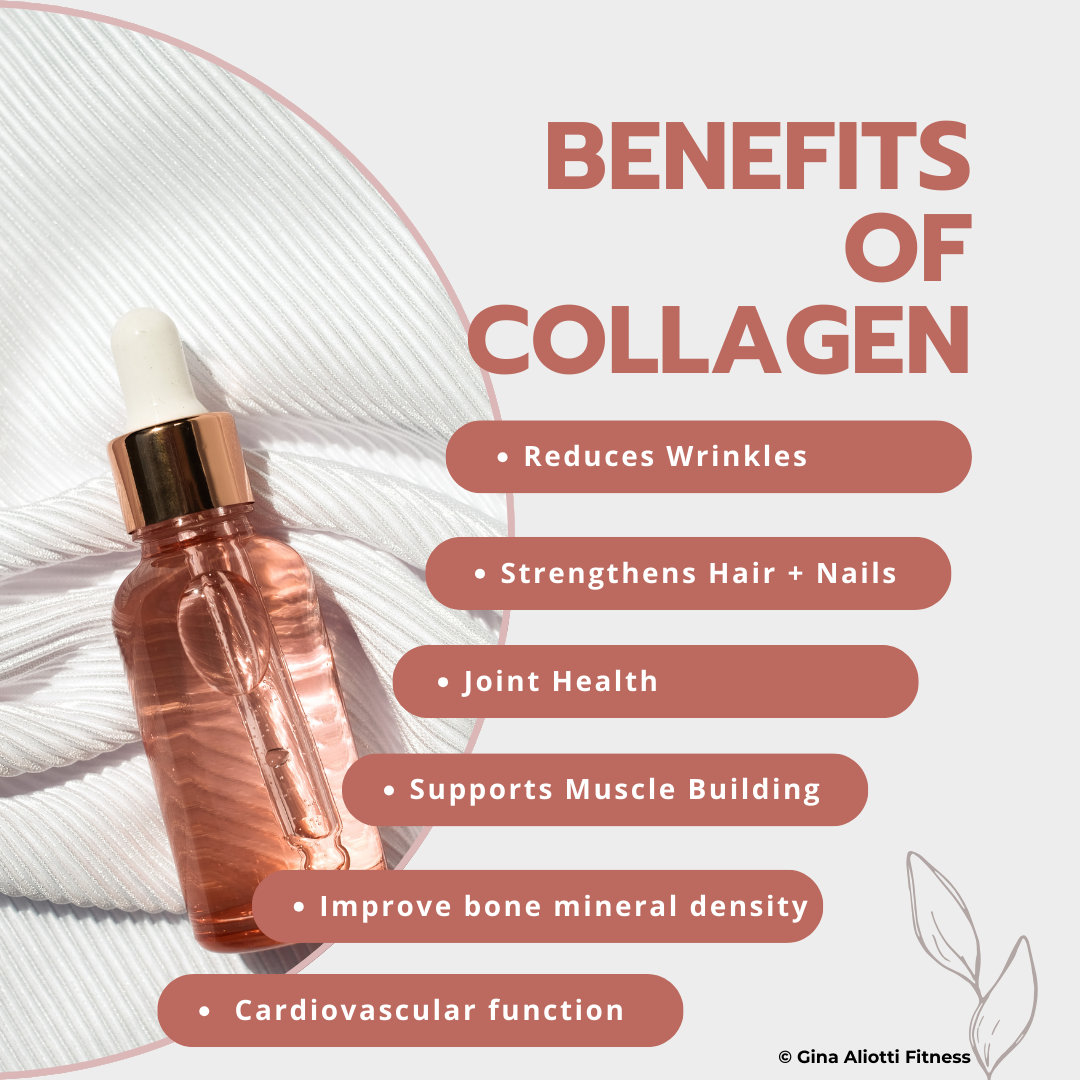
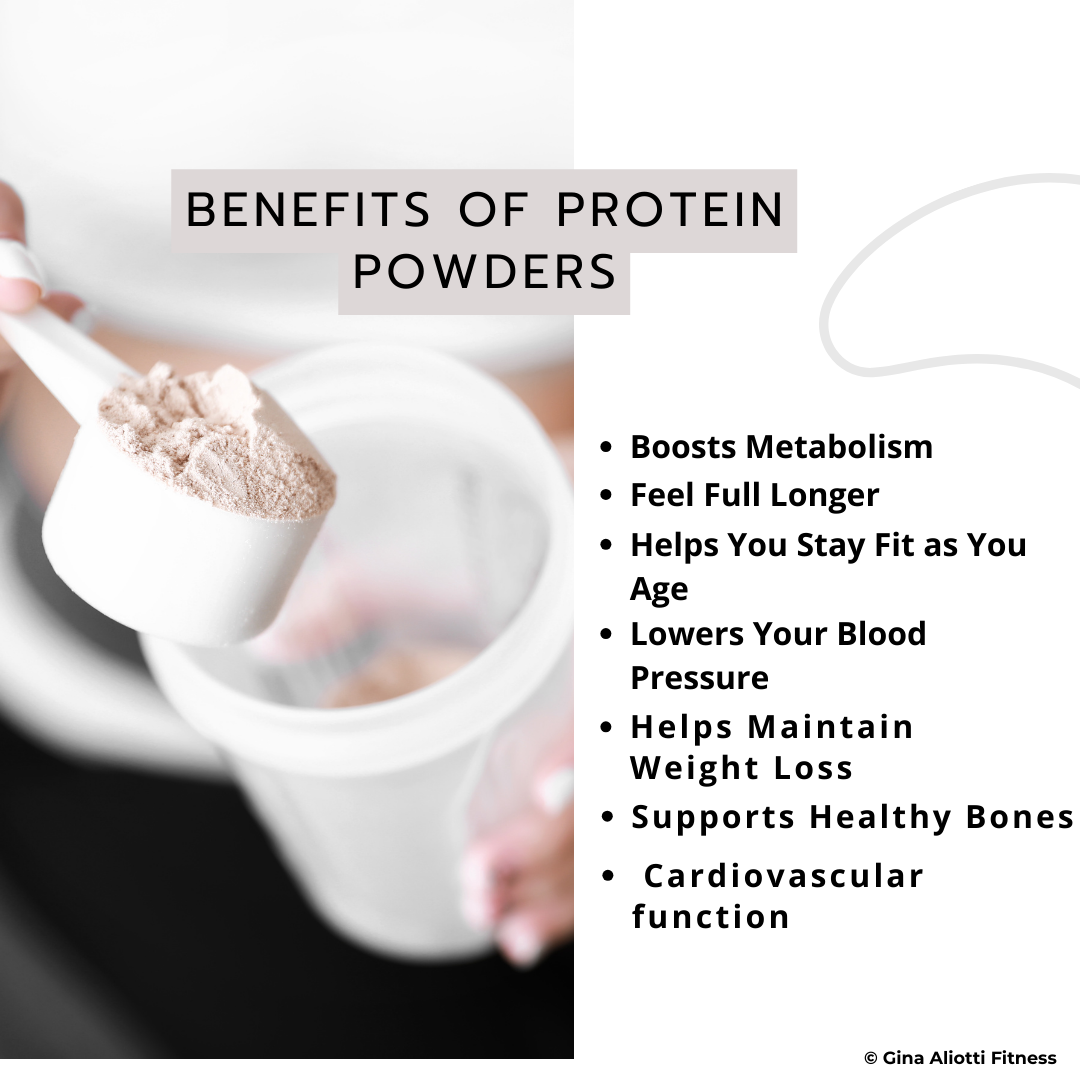
How To Choose Collagen Powder
- Buy hydrolyzed collagen. Buy hydrolyzed collagen. Hydrolysis is the production used to break down the amino acids into smaller units. This makes them more digestible. Look for Collagen that has “collagen peptides” in the ingredient list to ensure it is the “highest hydrolyzed”.
- At least 8 grams of protein per serving. Simply add a scoop of collagen (typically around 10 grams) to your tea, coffee, protein shakes, yogurt and enjoy all the amazing benefits collagen has to offer your body, hair, skin, nails and so much more!
- Limited added ingredients. Collagen powder comes in many flavors. Like protein powders, there can be many additives to make the flavors fun. Read the label to ensure you are choosing a brand made only of collagen peptides which ensures the highest quality of collagen possible.
- Third-party certification. Collagen supplements are not regulated by the FDA. To ensure you are selecting the highest quality, look for the NSF Certified for Sport logo.
Simply put, collagen keeps our skin vibrant and youthful, while protein fuels our muscles, helping you stay strong and active.
╰⪼ My recommended and favorite Collagen Supplement
Try our G-Fit Gelatin Coffee Pumpkin Pie to get in more than your daily collagen dose!
❗Stay on top of rep replenishing your collagen, as it naturally decreases by ~ 1.0%-1.5% per year 🥹
Fun Facts
Eating too much sugar and refined carbs will reduce your collagen levels within your body!
How? Sugar attaches to proteins to form advanced glycation end products. These molecules damage nearby proteins and cause collagen to become weak, dry and brittle.
By age 40, you can lose up to 1% of your body’s collagen each year!
